Sohail
Inayatullah
Sohail Inayatullah, a political scientist and futurist, is the inaugural UNESCO Chair in Futures Studies. He is also Professor at Tamkang University, Taiwan and Associate, Melbourne Business School, the University of Melbourne. He teaches from metafutureschool.teachable.com. Earlier, he was Adjunct Professor at the Center for Policing, Counter-Terrorism, and Intelligence at Macquarie University.
Transcription of the video
Which domain or aspect of social life will show the most significant positive societal and/or psychological change in response to the pandemic?
I have been running workshops and seminars with dozens of groups on their responses. And there’s two things they tell me: one is workplace flexibility, second—wellbeing. Everyone says this is the part irrespective of what happens the next 10 years they wish to keep.
What kind of wisdom will people need to capitalize on the positive societal and/or psychological change after the pandemic?
The most important perspective, approach, is developing trust. In a world where trust is in deficit, you want to make trust your asset, and increase it, enhance it, demonstrate it and create it.
Which domain or aspect of social life will show the most significant negative societal and/or psychological change in response to the pandemic?
I think it would be based on fear. The fear leads to a lack of epistemic agreement on what is real. And there’s the rise of conspiracy theories, which lead to a rise of, I would say, deep racism throughout the world. So that would be the most negative thing I can see going on right now.
What kind of wisdom will people need to master to overcome major negative societal and/or psychological changes after the pandemic?
So there’s two aspects. One is really, you might say, new humanism. Which is, we don’t see the world from our own ego, or nation state or our tribe, but the entire planet with Gaia, to its nature plus planet, and this is a practice we try to do every day. The second of that, of course, is solid science. We want this ethical, almost spiritual perspective, with solid science. Putting those two together, they become pathways forward.
What piece of wisdom do people need to make it through the pandemic?
Certainly, in our scenario work we’ve done is, when it’s difficult to find meaning and purpose in it. If you know Victor Frankl’s work, those in extremely difficult situations, they do better when they have purpose. So we have one scenario called the Great Pause. If you’re stuck and you can’t get out, it’s pausing, slowing down, breathing. Of course, finding a metaphor, or narrative in which this makes sense. You might feel like it was a prison, but you transform it to “here’s my time for inner reflection.” So, you want to find a way to transform your current situation so that it is purposeful. You find a way to find a metaphor that gives meaning. And then once the pause ends you have more energy to create the future you want.
Themes discussed in this interview

